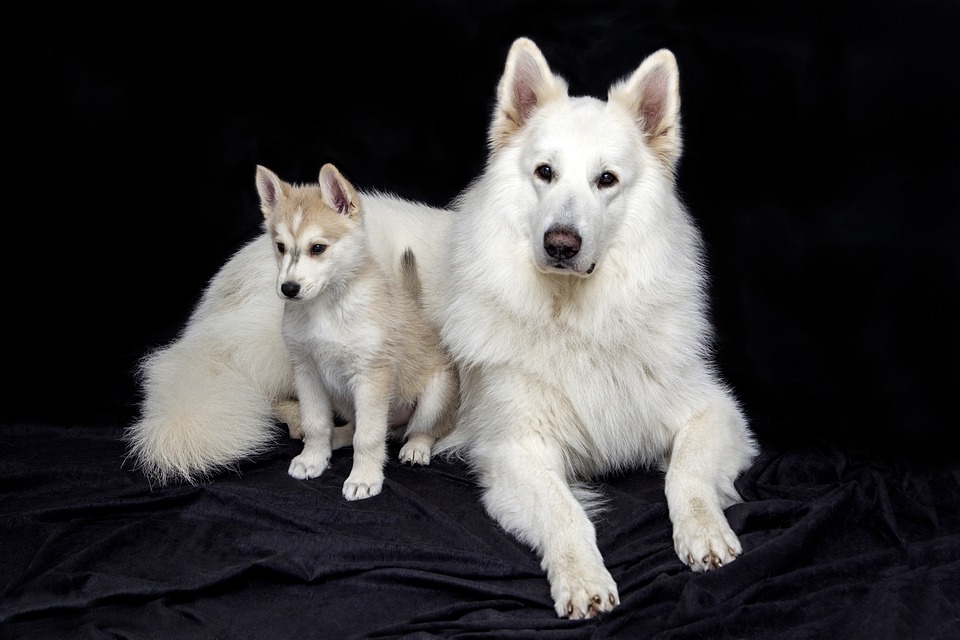Allergies in dogs are a common health concern that can cause discomfort and health issues. It is important for responsible dog owners to be aware of any allergies their furry companions may have, particularly when it comes to their diet. This article aims to educate dog owners on how to recognize signs of food ingredient allergies in dogs and provide some frequently asked questions to help address this concern.
Food ingredient allergies in dogs occur when their immune system negatively reacts to certain proteins found in their diet. These allergies can develop over time or suddenly, even if your dog has been consuming the same food for years. Common food allergens for dogs include beef, chicken, dairy, eggs, soy, and wheat. Identifying the signs of food ingredient allergies is crucial for your dog’s well-being.
One of the most common signs of food ingredient allergies in dogs is digestive issues. Frequent vomiting, diarrhea, excessive gas, or bloating may indicate a food ingredient allergy. These symptoms can occur shortly after eating or even hours later. Itchy skin is another common sign of food allergies in dogs. Dogs with food allergies often experience itchiness, which can lead to excessive scratching, licking, or biting themselves. This can result in redness, hair loss, hot spots, or the development of skin infections.
Allergies can also manifest as recurring ear infections. If your dog frequently shakes their head, has a strong odor coming from their ears, or shows signs of discomfort when their ears are touched, it may be due to a food ingredient allergy. In some cases, food allergies can cause respiratory symptoms such as coughing, sneezing, wheezing, or difficulty breathing. Paw chewing or licking can also be a sign of food allergies. Allergies can cause irritation in the paws, leading to redness, swelling, or even infections.
Here are some frequently asked questions about food ingredient allergies in dogs:
Q1: Can my dog develop food allergies suddenly?
A: Yes, dogs can develop food allergies suddenly, even after years of consuming the same diet. If you notice any signs of allergies, consult your veterinarian to determine the cause and adjust their diet accordingly.
Q2: How can I determine which food ingredient is causing the allergy?
A: To identify the specific food ingredient causing an allergy, your veterinarian may recommend an elimination diet. This involves removing potential allergens from your dog’s diet and reintroducing them one at a time to observe any adverse reactions.
Q3: Are there any hypoallergenic dog food options available?
A: Yes, there are hypoallergenic dog food options available. These diets are formulated to minimize the risk of triggering allergies and often contain novel protein sources, such as venison or duck, which are less commonly associated with allergies.
Q4: Can food allergies affect my dog’s behavior?
A: Yes, food allergies can have an impact on your dog’s behavior. Allergies can cause discomfort and irritability, leading to changes in behavior, such as increased aggression or anxiety. Addressing the underlying allergy can help restore your dog’s normal behavior.
Q5: Can food allergies be cured?
A: Unfortunately, food allergies cannot be cured. The best approach is to manage your dog’s allergies through a carefully tailored diet and avoid the identified allergens. Your veterinarian can guide you in developing an appropriate meal plan for your furry friend.
In conclusion, being able to recognize signs of allergies to specific food ingredients in dogs is crucial for their overall health and well-being. By understanding these signs and seeking professional guidance, you can help your dog live a comfortable and allergy-free life. Remember, always consult with your veterinarian to ensure accurate diagnosis and effective management of any allergies your dog may have.









